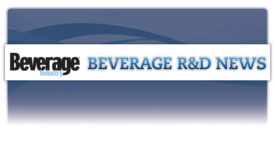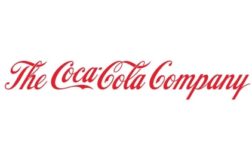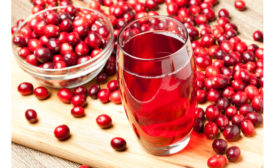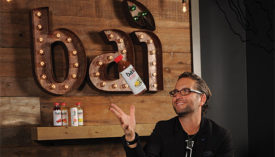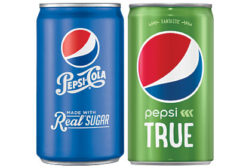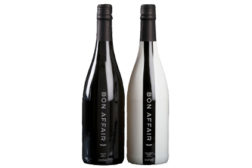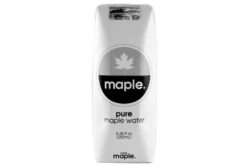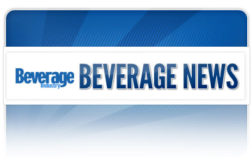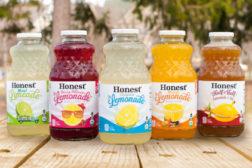Home » low-calorie beverages
Articles Tagged with ''low-calorie beverages''
Low sugar, low calorie prebiotic offers many health benefits
Read More
Coca-Cola releases 2014-2015 sustainability report
Reports highlights 2020 goals
July 28, 2015
Cranberry juice could reduce risk factors for diabetes, heart disease, study finds
Study measured blood pressure, blood sugar levels and blood lipids levels
June 30, 2015
R&D News: Engredea showcases R&D suppliers' roles in healthy beverages
Ganeden introduces probiotic straw for refrigerated, shelf-stable beverages
April 15, 2015
Bai Brands disrupts CPG space with low-calorie, all-natural solutions
Enhanced-water brand anticipates strong sales with support from expanded distribution, marketing efforts
February 12, 2015
Beverage companies encourage calorie moderation
ABA aims to cut calories 20 percent by 2025
February 12, 2015
Bon Affair wine spritzers plan for national expansion
“Shark Tank” entrepreneur Mark Cuban invested in the low-calorie wine
May 20, 2014
Maple. debuts first maple water beverage in New England
Nutrient-rich, low-calorie, low-sugar beverage now available at select regional retailers
May 8, 2014
Majority of US households still drink CSDs, Mintel reports
Infographic reveals who's drinking CSDs, when and why
April 11, 2014
Elevate your expertise in the beverage marketplace with unparalleled insights and connections.
Join thousands of beverage professionals today. Shouldn’t you know what they know?
JOIN NOW!Copyright ©2024. All Rights Reserved BNP Media.
Design, CMS, Hosting & Web Development :: ePublishing
